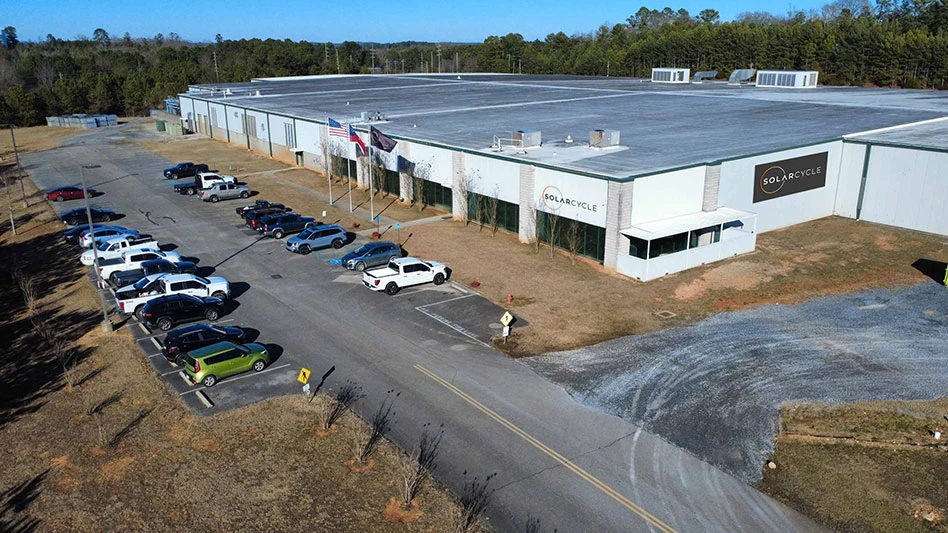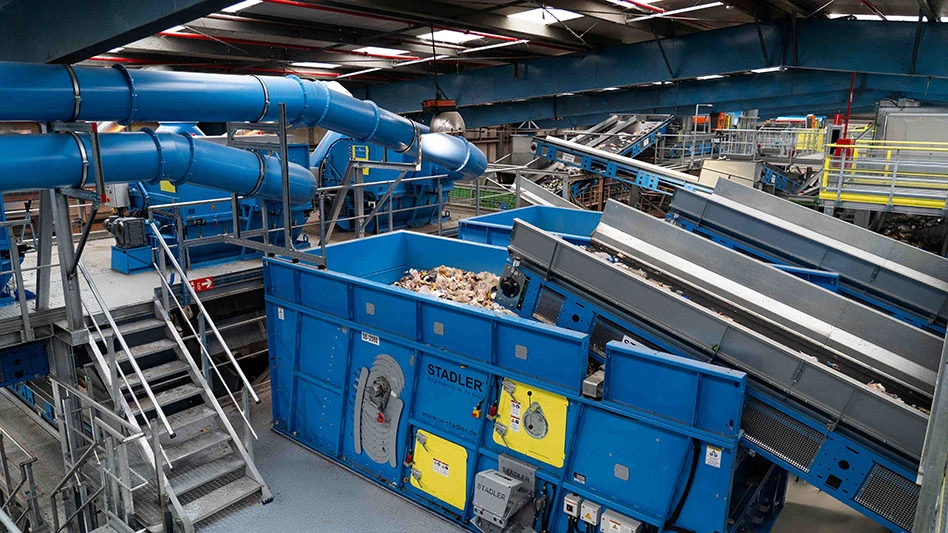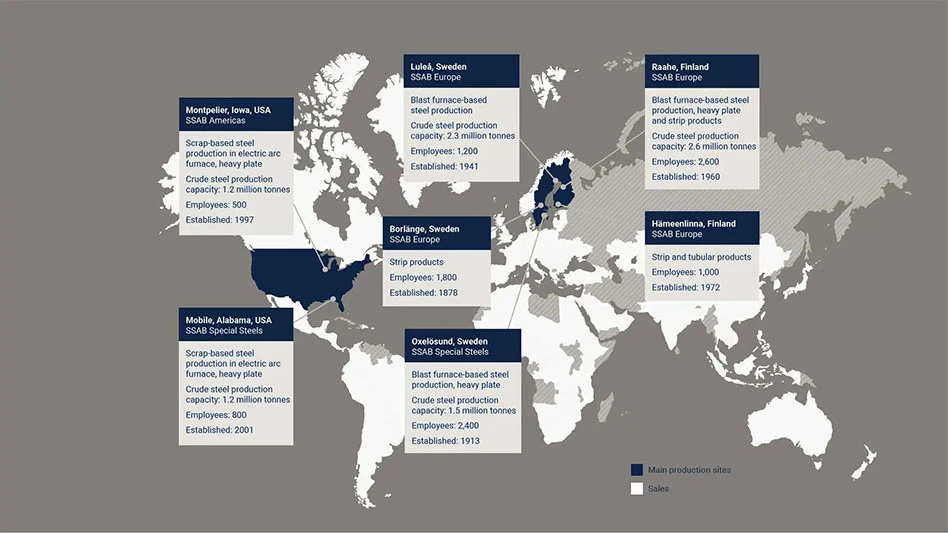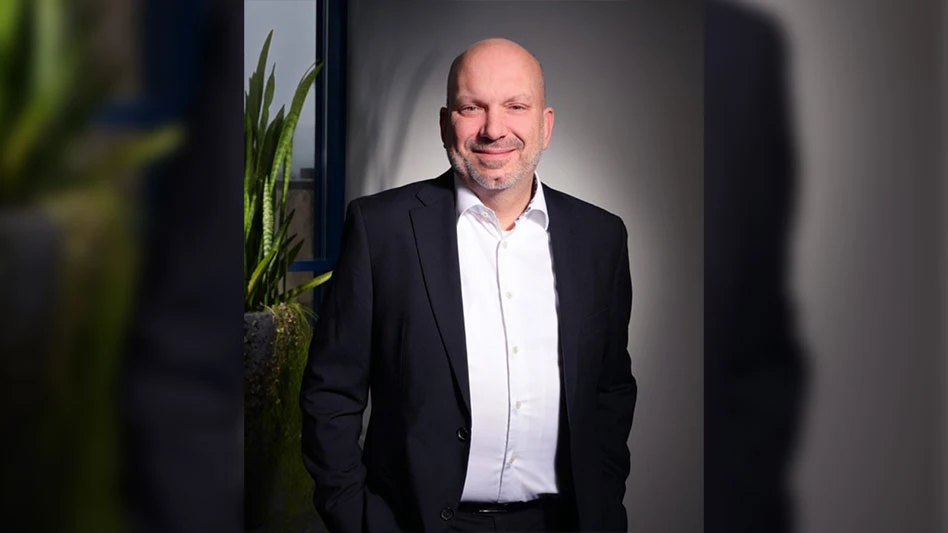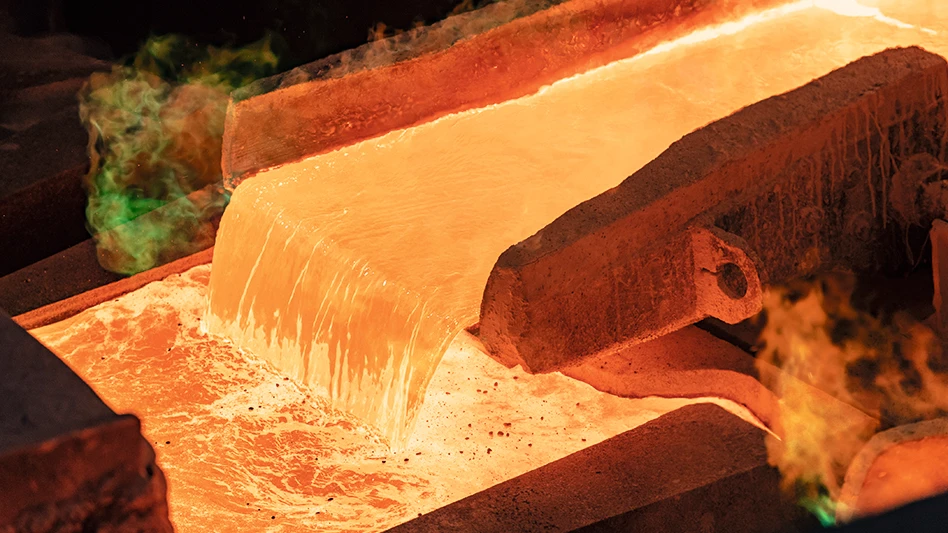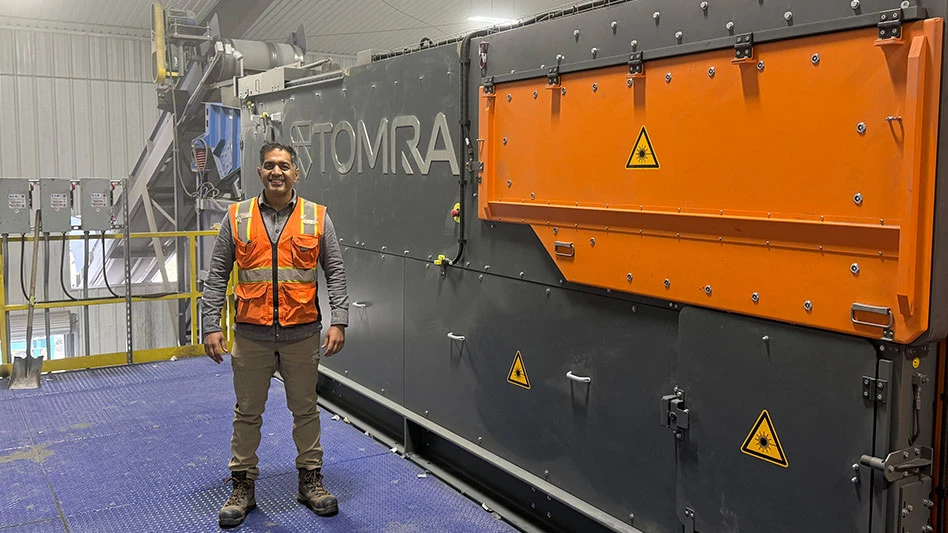
© Anaken2012 | Dreamstime.com
Mississauga, Ontario-based Li-Cycle Corp. has announced that its Spoke 2 facility at Eastman Business Park in Rochester, New York, is fully operational. Spoke 2 will produce an intermediate mixed battery material product (known in the industry as black mass) from all types of spent lithium-ion batteries. The company’s Spoke 1 plant in Kingston, Ontario, also produces this material. The Rochester facility can process up to 5,000 tons of spent lithium-ion batteries per year, which brings Li-Cycle’s total recycling capacity to 10,000 tons per year through its two North American Spokes.
Through its spoke and hub process, batteries are shipped to an initial “spoke” location, where the materials are mechanically processed and size-reduced. The material is then shipped to a “hub” location, where the semiprocessed material is put through a hydrometallurgical, or wet chemistry, process. The company says this approach minimizes the overall environmental footprint of the end-to-end resource recovery process and substantially reduces the intensity of greenhouse gas emissions that would otherwise be produced by mining.
Historically, most lithium-ion battery recyclers have used a smelting process to recover these valuable battery materials, resulting in high emissions and the loss of critical metals, according to Li-Cycle. With its recycling services, these inefficiencies are eliminated without creating waste as a byproduct, the company adds.
“This is a crucial step in scaling Li-Cycle’s technology and creating a strong foundation for the circular supply chain for lithium-ion batteries in a world where increased electrification is needed to combat climate change,” Li-Cycle CEO Ajay Kochhar says. “Our goal is to better manage end-of-life lithium-ion batteries in order to meet the increasing demand for critical battery materials by creating a local source for these materials in North America.”
The company says its patented technologies enable recoveries of at least 95 percent of all materials found in lithium-ion batteries,
Both spoke plants will supply black mass to Li-Cycle’s future hub plant, which will be constructed at Eastman Business Park in Rochester by 2022, according to the company. This plant will process black mass into battery-grade materials in addition to other recovered materials.
Li-Cycle recently closed a Series C equity funding round to fund this development and to drive expansion into international markets.
Latest from Recycling Today
- Flexible Film Recycling Alliance report outlines progress
- RERF opens Avagliano award nominations
- Eriez expands European sales network
- Gränges increases sales volume in 2025
- Aduro selects Netherlands as site for industrial scale-up facility
- Nasco-Op declares dividend
- Cyclic Materials announces plans for South Carolina campus
- WM reports revenue, earnings growth in Q4 and full-year 2025
